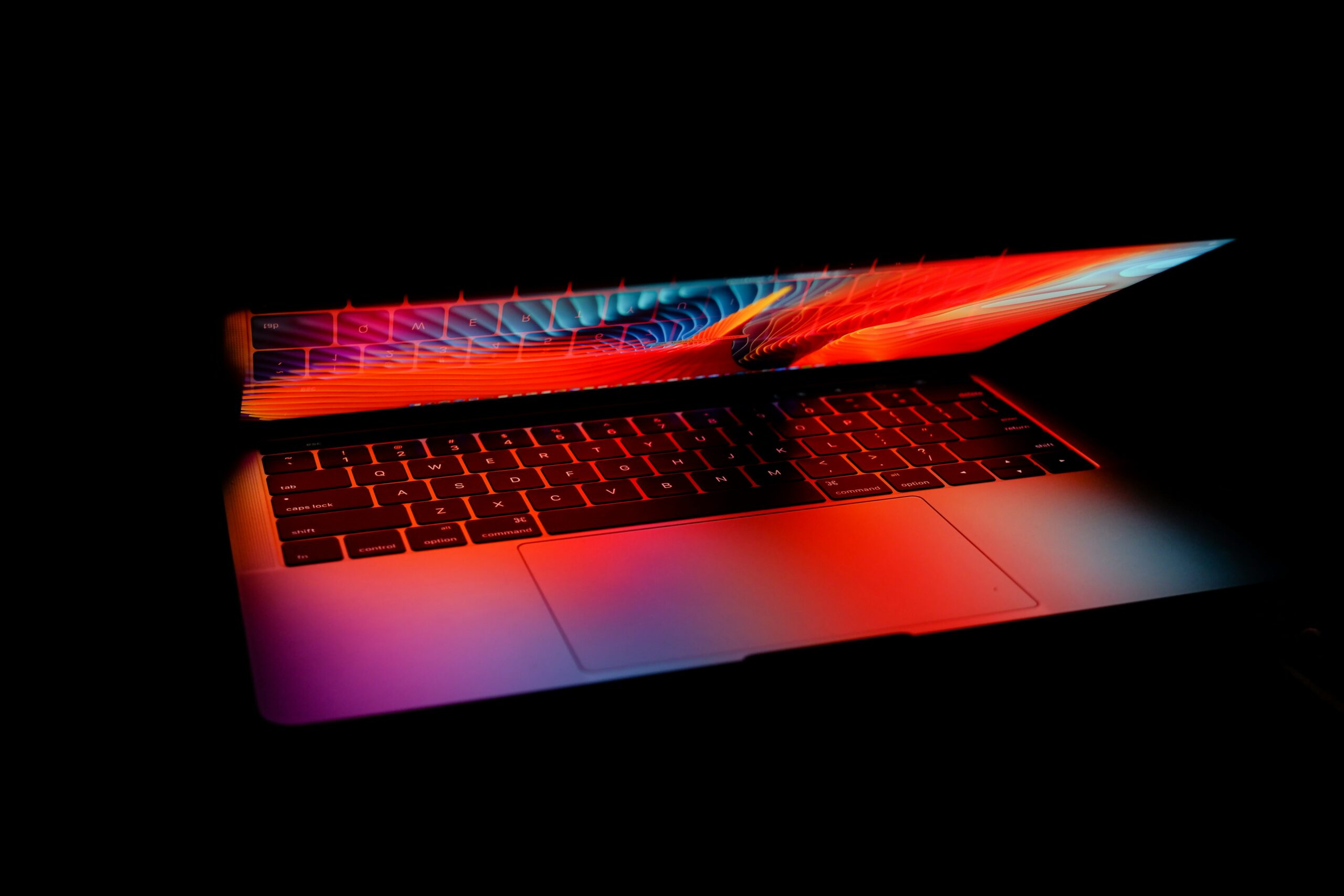
Apple’s reputation as a privacy-first company is under scrutiny following a new lawsuit accusing the tech giant of spying on its employees.
Filed on Sunday in California state court, the complaint comes from Amar Bhakta, an Apple employee in its advertising technology division since 2020. Bhakta alleges that Apple monitors employees’ personal devices and iCloud accounts, contradicting the privacy principles it promotes for consumers.
The lawsuit details claims that Apple requires employees to install work-related software on personal devices, which allegedly grants access to personal data, including emails, photos, health information, and smart home data. Bhakta further accuses Apple of imposing strict confidentiality policies that stifle discussions about workplace conditions, pay, and whistleblowing. According to the complaint, he was told to remove details about his role from his LinkedIn profile and discouraged from participating in podcasts about his work.
Apple has responded by dismissing the claims as baseless. In a statement, the company emphasized its commitment to employee rights, noting that workers are trained annually on their ability to discuss workplace conditions. The statement also reiterated Apple’s focus on protecting its intellectual property and maintaining high product standards.
Bhakta is represented by attorneys Jahan Saga and Chris Baker, who specialize in workplace mistreatment cases. Baker, in particular, is known for representing Susan Fowler in her landmark case against Uber, which exposed issues of harassment and discrimination.
This lawsuit adds to a growing list of legal challenges for Apple related to employee rights. The company is also facing multiple complaints with the U.S. labor board over claims that it restricted discussions about workplace issues, including pay discrimination, on platforms like Slack. Additionally, a separate lawsuit filed earlier this year accused Apple of underpaying women in its engineering, marketing, and support divisions. Apple has denied wrongdoing in these cases, maintaining its commitment to inclusion and pay equity.
Bhakta’s lawsuit cites California’s Private Attorneys General Act, which allows employees to sue employers on behalf of the state and claim a share of any penalties.
The case raises questions about whether Apple’s surveillance and confidentiality policies cross legal boundaries or are necessary to safeguard trade secrets and intellectual property.
The case raises questions about whether Apple’s surveillance and confidentiality policies cross legal boundaries or are necessary to safeguard trade secrets and intellectual property.
The outcome of this lawsuit could influence not only Apple’s workplace practices but also how tech companies balance employee privacy with the need to protect their innovations. The case continues to unfold, with potential implications for Apple’s image as a champion of privacy.
Featured Image courtesy of Fujiphilm on Unsplash
Follow us for more tech news updates.
